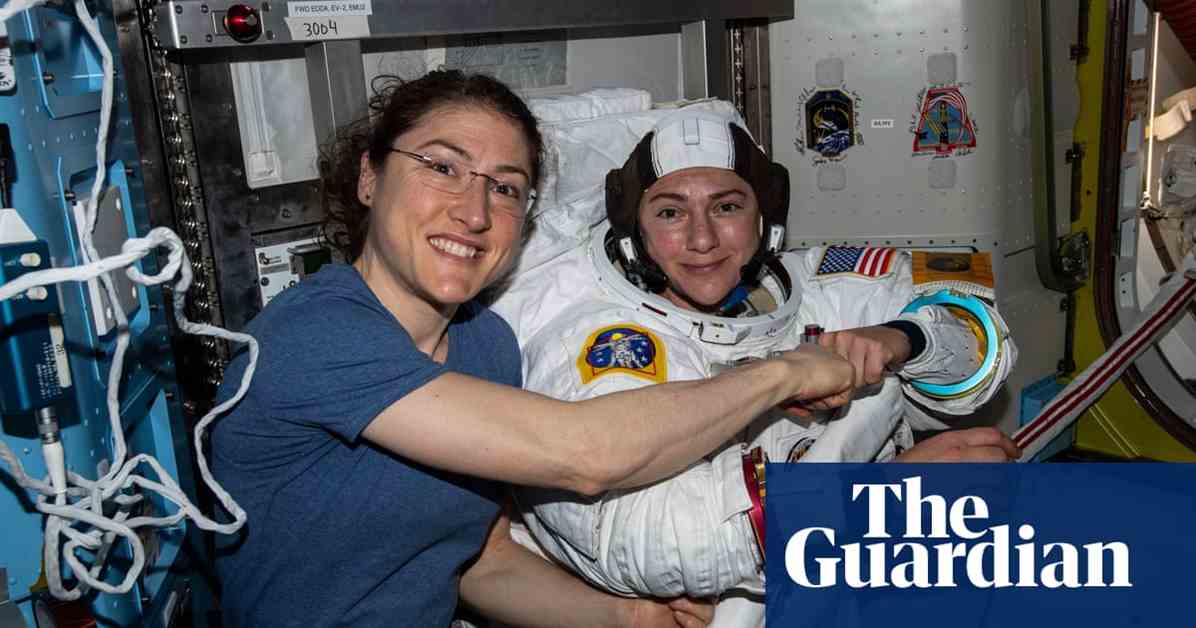New Study Suggests Women Are More Resilient Than Men to the Stresses of Spaceflight
When faced with challenging situations in space such as acid-dripping aliens or shattered space stations, female astronauts may be more resilient than their male counterparts, according to a recent study. The research, led by Christopher Mason from Weill Cornell Medicine, examined the immune system responses of male and female astronauts who flew around Earth on the SpaceX Inspiration4 mission.
The study found that gene activity was more disrupted in men compared to women during spaceflight, and it took longer for men’s immune systems to return to normal once back on Earth. This suggests that women may recover more quickly from the stresses of space travel. The scientists involved in the study noted that more research is needed to confirm these trends, but the findings could have implications for astronaut recovery programs and crew selection for future missions to the moon and beyond.
One possible explanation for why women may be more resilient to spaceflight is their ability to cope with the physiological changes of pregnancy. The study also highlighted the importance of understanding the immune response to spaceflight, especially as NASA plans missions to Mars in the coming decades.
However, another study published in Nature Communications raised concerns about the potential health risks of deep space missions. Researchers at University College London found that exposure to galactic cosmic rays during a trip to Mars could cause permanent kidney damage in astronauts. The study emphasized the need for adequate protection from radiation during long space missions to ensure the safety and well-being of astronauts.
As space agencies around the world prepare for future missions to Mars and beyond, understanding the impact of spaceflight on the human body will be crucial in ensuring the success and safety of these endeavors. Further research and collaboration will be essential in addressing the challenges and risks associated with deep space exploration.




















